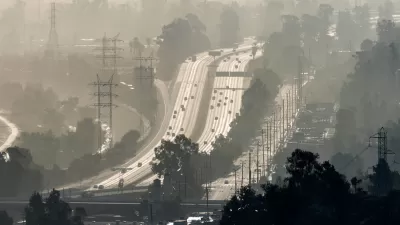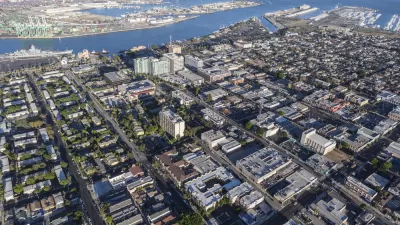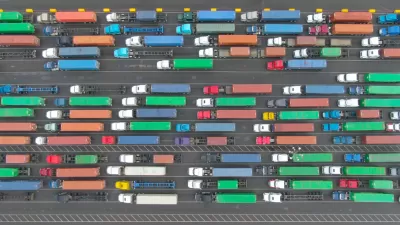The Justice40 initiative could make a major difference for communities burdened by pollution, but only if funds are spent on projects that maintain a focus on equity.

“In a letter sent Tuesday, more than 60 Democrats urged the White House to strengthen implementation of the Justice40 Initiative, which seeks to send at least 40 percent of the benefits of federal climate investments to communities that are overburdened by pollution, climate change and other environmental hazards.”
According to an article by Maxine Joselow and Vanessa Montalbano in the Washington Post, the group called for four key commitments: to consider the 40 percent goal a starting point rather than a ceiling for investments; to ensure programs funded by Justice40 do not cause additional harm to communities; to provide well-paying local jobs; and to establish a Climate Justice and Equity Office tasked with overseeing a “whole-of-government” approach to the program.
The Justice40 initiative has faced criticism from environmental justice advocates who fear that, due to its unclear parameters, the program could end up funding projects that increase pollution and negative health impacts in underinvested communities. Senator Edward J. Markey (D-Mass.), who led the letter-writing group, said “The Inflation Reduction Act has the power to shape a generation of climate action that can build health and wealth in disadvantaged communities, but only if we develop and use a powerful Justice40 framework to right the historic wrongs of environmental injustice.”
FULL STORY: Democrats push White House to strengthen environmental justice efforts

Alabama: Trump Terminates Settlements for Black Communities Harmed By Raw Sewage
Trump deemed the landmark civil rights agreement “illegal DEI and environmental justice policy.”

Planetizen Federal Action Tracker
A weekly monitor of how Trump’s orders and actions are impacting planners and planning in America.

Why Should We Subsidize Public Transportation?
Many public transit agencies face financial stress due to rising costs, declining fare revenue, and declining subsidies. Transit advocates must provide a strong business case for increasing public transit funding.

Understanding Road Diets
An explainer from Momentum highlights the advantages of reducing vehicle lanes in favor of more bike, transit, and pedestrian infrastructure.

New California Law Regulates Warehouse Pollution
A new law tightens building and emissions regulations for large distribution warehouses to mitigate air pollution and traffic in surrounding communities.

Phoenix Announces Opening Date for Light Rail Extension
The South Central extension will connect South Phoenix to downtown and other major hubs starting on June 7.
Urban Design for Planners 1: Software Tools
This six-course series explores essential urban design concepts using open source software and equips planners with the tools they need to participate fully in the urban design process.
Planning for Universal Design
Learn the tools for implementing Universal Design in planning regulations.
Caltrans
Smith Gee Studio
Institute for Housing and Urban Development Studies (IHS)
City of Grandview
Harvard GSD Executive Education
Toledo-Lucas County Plan Commissions
Salt Lake City
NYU Wagner Graduate School of Public Service





























